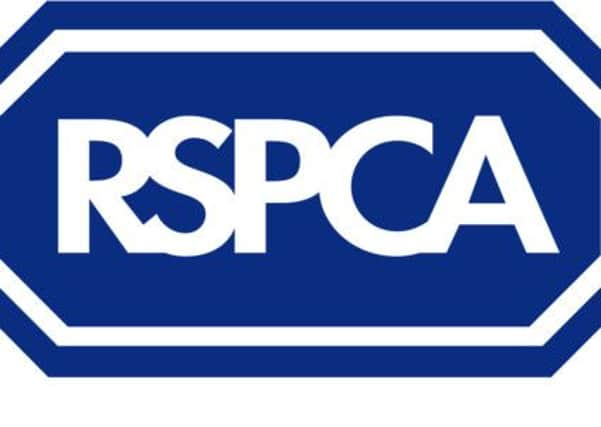Cats poisoned with antifreeze


Jet, a male black kitten, had to be taken to the vet on Friday, April 11 after showing symptoms of poisoning. It was the first week he had been allowed outside his home in Hitchin Road, Shefford.
Sadly the vet said his suffering was so acute that the kindest course of action was to put him to sleep.
Advertisement
Advertisement
Both Jet and a female ginger kitten named Marmalade had been adopted from the RSPCA by Clare Morlidge in January after her previous cat, 12-year-old Leo, died in similar circumstances in December.
Clare, 43, said: “Both cats seemed to suffer the same symptoms. They came back after being out and just weren’t themselves. They were off their food, walking as if they were a bit drunk and then suffering seizures. The vet said it was definitely poisoning, and he suspected antifreeze.
“It was upsetting enough when we lost Leo in such a horrible way - but for the same thing to happen again so soon to little Jet, and in the first week we let him go out is just devastating. I am now terrified about Marmalade and whether she is going to be ok.
“They were such lovely cats, really playful and lovely little characters. I urge everyone to be very careful with any antifreeze they might have – I would hate anyone to go through what we have.”
Advertisement
Advertisement
RSPCA inspector Cherry Evans said: “Many people do not realise how lethal antifreeze can be for cats – it does not take very much of it to cause serious harm and leads to a lot of suffering.
“We do not know where the antifreeze came from on this occasion, but would ask pet owners in the area to keep an eye on their pets and for the public to ensure any antifreeze is securely stored and out of the way of cats.”
Signs of antifreeze poisoning include vomiting, seeming depressed or sleepy, appearing drunk and uncoordinated, seizures, difficulty breathing, increased thirst and urination. They can be seen from 30 minutes after a cat has ingested the chemical though it can be two to three days before signs of kidney failure can be seen.
Anyone who suspects their cat has been poisoned should take it to a vet immediately and if possible a sample of what the cat has eaten or drunk.
Anyone with any information about suspected poisonings or in need of advice should contact the RSPCA on 0300 1234 999.